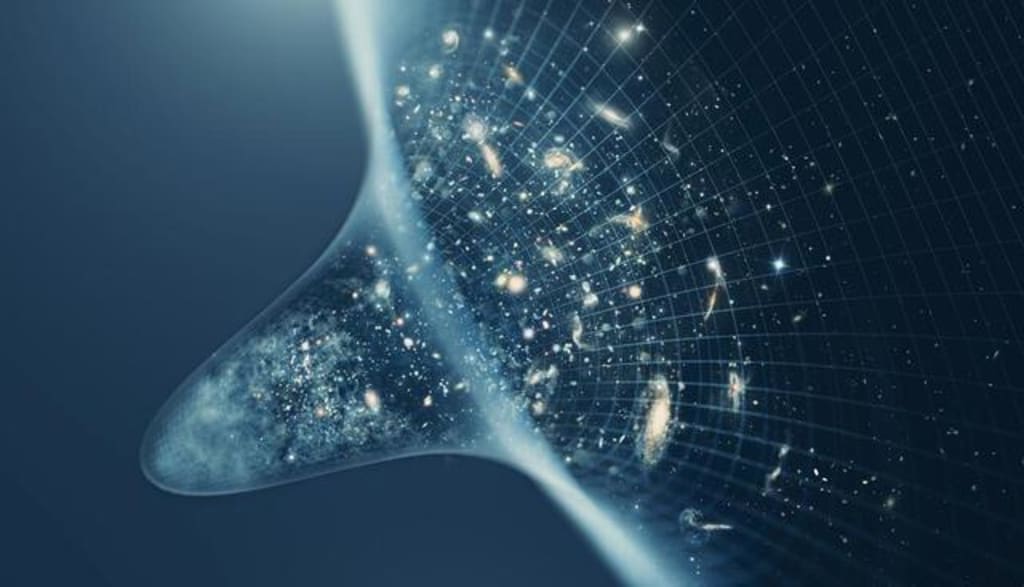A mysterious force
Controls the operation of the universe

The greatest reward of human beings in the process of exploring the universe is to know their smallness and ignorance, such a statement is not particularly exaggerated, because there are indeed many phenomena in the universe that human beings cannot understand, for example, human beings have long discovered that there is a mysterious force in the universe that controls the operation of the universe, but until now, human beings still know almost nothing about it.
In 1929, astronomer Edwin Hubble summarized a discovery based on observational data as "a landmark in astronomy", that is, no matter which direction we look in the universe, those distant galaxies are moving away from us, and this means that the universe is is in a state of expansion.
This discovery provides important support for the "big bang theory of the universe", this theory, I believe we are familiar with, simply put, the theory that the universe was born in a very small, high temperature and density of the "singularity" occurred "Big Bang", then the question arises, from the beginning to the present, the expansion of the universe is a constant rate?
For this question, the scientific community has generally agreed that, because gravity is a long-range force, this force will make the universe tends to contract, so reasonable speculation is that, although the universe has been expanding since its birth, in the process, gravity has been playing a "brake" role, in this case, the universe, In this case, the expansion rate of the universe should be slower and slower.
The best way to verify whether the above speculation is correct is, of course, to compare the rate of expansion of the universe at different times, and in fact, we do not need a time machine to do so.
For example, if the Andromeda galaxy is about 2.54 million light-years away, what we are observing now is what the galaxy looked like 2.54 million years ago, and if an object is a billion light-years away, what we are observing is what it looked like a billion years ago.
So we just need to observe the objects at different distances and measure the speed they are moving away from us because of the expansion of the universe, and then we can calculate the expansion speed of the universe at different times.
Theoretically, this method is feasible, but due to the limitation of the observation level, the related research has been delayed. It was not until 1998 that two research teams gave their results by observing "Type Ia supernovae" at different distances, and their studies showed that the expansion of the universe was not getting slower, but faster!
This certainly disproved the common view of the scientific community, so it caused a stir in the scientific community, and in the following time, the measurement results were confirmed by the scientific community, and scientists found that the expansion of the universe is indeed faster and faster, and there seems to be a mysterious force controlling the operation of the universe, which has been driving the expansion of the universe.
In 2011, Brian Schmidt, Adam Riess, and Saul Perlmutter were awarded the Nobel Prize in Physics for their work.
Further research showed that this mysterious force accounts for as much as 68.3% of the total mass-energy of the universe and that it is precise because of this that it can overcome gravity and become the dominant force controlling the operation of the universe.
So what kind of existence is this mysterious force? Unfortunately, in the current situation, in addition to the knowledge that this force can accelerate the expansion of the universe, we humans know almost nothing about it, so scientists have no choice but to call it "dark energy" (Dark energy).
About the Creator
Robert Jack
One of the secrets of emotional stability for adults is to keep the expectations of others to a minimum.






Comments
There are no comments for this story
Be the first to respond and start the conversation.